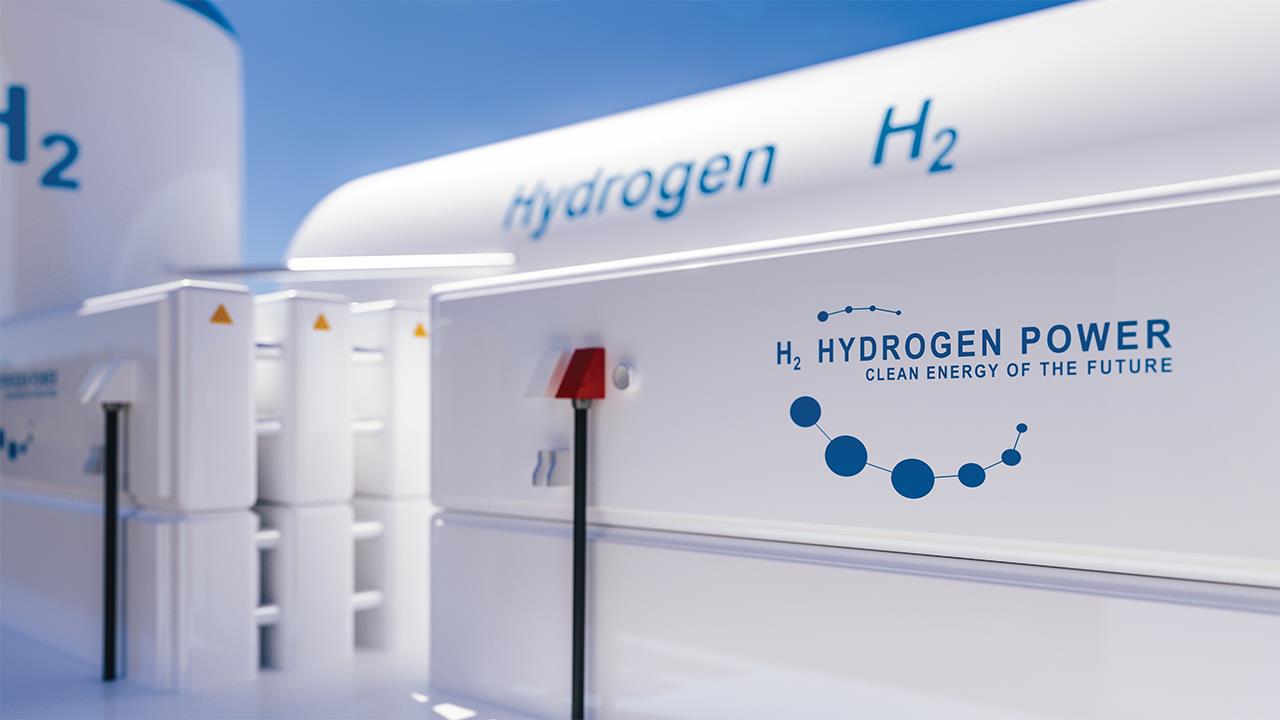

Steve Sutton, Technical Manager at the Heating and Hotwater Industry Council (HHIC), explains how hydrogen-powered appliances are contributing to the UK’s pursuit of a net-zero emissions future.
The UK has taken an important step in the march towards carbon neutrality thanks to a pioneering new hydrogen homes project funded by the Hy4Heat programme.
The project in Low Thornley, Gateshead comprises two semi-detached homes that have been built by gas distributor Northern Gas Networks (NGN), and are fuelled entirely by hydrogen. While the properties look and function like any other, they produce no carbon because hydrogen is used to power all of the household heating and cooking appliances.
The project, which aims to establish whether it is technically possible and efficient to use hydrogen for heating homes and commercial buildings, serves as an important step to realising that 100% hydrogen-powered homes are entirely possible.
Hydrogen appliances
Hydrogen appliances have been developed as part of the Hy4Heat programme, which is led by the Department for Business, Energy and Industrial Strategy. In collaboration, several members of the HHIC membership have formed the Hyfires Consortium within the Hy4Heat programme to demonstrate how gas fires can be powered using hydrogen. These will be placed on the market as natural gas products and then converted when the hydrogen network is in place.
HHIC member Enertek International has developed a number of hydrogen appliances, including fires as a member of the consortium, cookers, commercial catering appliances, air heaters, and radiant tubes for the project, with a focus on redeveloping gas appliances to burn hydrogen.
Within this process, Enertek has yet to encounter any gas appliance that cannot be converted to hydrogen power, with only minor additional costs to cover material upgrades and development. This is a positive indication for the future should hydrogen be the fuel of choice to replace natural gas.
Love Gas Fires campaign
The hydrogen homes project in Gateshead and ongoing research conducted by the Hyfires Consortium has set a clear precedent that hydrogen is a viable successor to natural gas. However, awareness of its benefits needs to be raised if large scale adoption is ever going to be achieved.
For this reason, it will be imperative that consumers are educated on the benefits that hydrogen appliances will bring. In particular, how hydrogen appliances will behave in much the same was as gas-powered ones do today. This includes appliances like gas fires.
Gas fires are still an important part of the UK gas market with over one thousand stockists located across the country that provide a local point of contact for the consumer. The HHIC’s ongoing ‘Love Gas Fires’ campaign has shown the potential for both heating engineers and homeowners to take advantage of the many benefits the technology has to offer.
The consortiums that have been set up as part of the Hy4Heat programme are working on testing the viability of using hydrogen to power fires. Three certifications have now been secured from a notified body for an open-fronted, glass-fronted, and balanced flue fire for field trials.
Many consumers have a preference for gas fires and gas cooking over other fuels, and the output of the Hy4Heat programme is demonstrating a viable low carbon future for gas. Of course, customer demand for gas to a property for visual appliances like fires and hobs also stimulates a demand for hydrogen boilers and other appliances where gas provides convenient and economic advantages over alternative fuels.
Final thoughts
We know that the consumer will notice very little differences between how natural gas and hydrogen applications work. On top of this, the fact that Hyfires’ research indicates that gas appliances can be safely converted to burn hydrogen, is showing how the UK is getting increasingly closer to a possible hydrogen powered-future. The transition to low carbon technologies however can’t come soon enough.
At present, as much as a third of the nation’s total carbon emissions can be attributed to its gas grid, so investigating alternatives to natural gas like hydrogen is a necessity if the UK is to reach its net-zero carbon targets by 2050.
Trials such as the hydrogen house project in Gateshead prove that carbon-neutral homes are no longer just a concept, but a reality. This, and other future hydrogen testing and strategy, which we expect to see more of this year, will pave the way to help the UK meet its ambitious emissions reduction targets
If you'd like to keep up-to-date with the latest developments in the heating and plumbing industry, why not subscribe to our weekly newsletters? Just click the button below and you can ensure all the latest industry news and new product information lands in your inbox every week.